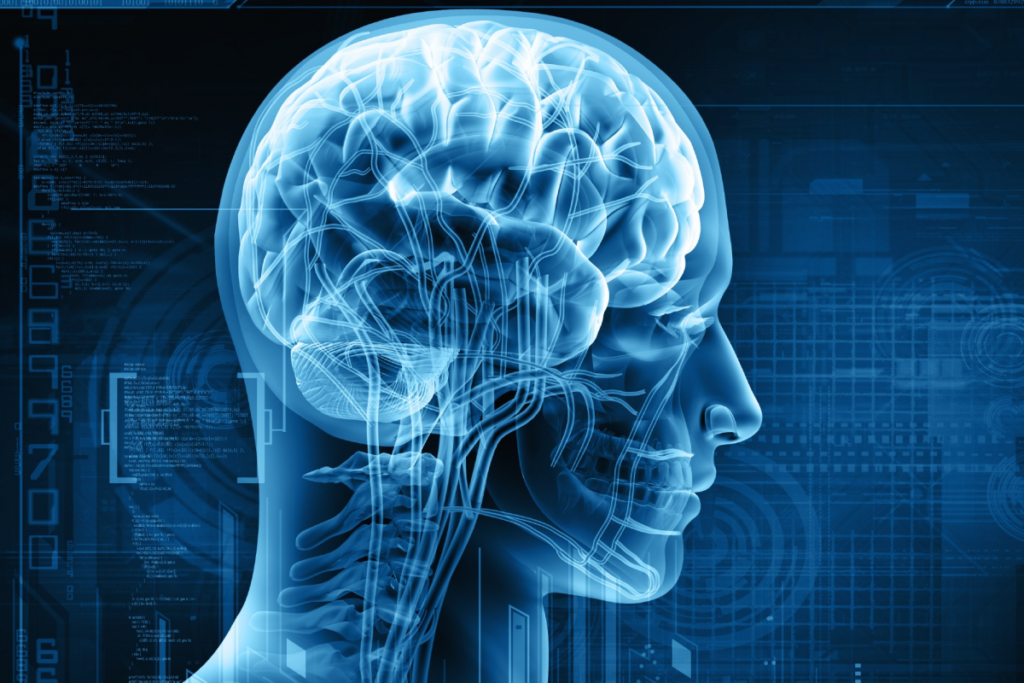
Neurological disorders are conditions that mainly target the nervous system, which includes the brain, spinal cord, and nerves. Various nervous system problems include Alzheimer’s, multiple sclerosis, and even meningitis. There are various signs and symptoms that state that something is wrong with neurological health.
In this article, we will understand all the important points about neurological disorders and how you can deal with them effectively. If you want to know about neurological disorders in detail, then it would be better for you to consult an expert doctor such as Sugar Land Neurology who can guide you effectively.
What is Neurological Disorder?
Neurological disorder is a health condition that mainly affects the nervous system. This disorder covers both the central nervous system and the peripheral nervous system. The central nervous system includes the brain and spinal cord, whereas the peripheral nervous system includes nerves and their branching.
Nervous systems help regulate everything we do; they help in breathing, sleeping, moving, swallowing, and other such things. It also helps with heartbeats and helps your body to age. However, when it comes to neurological disorders affect these body parts physically, and there are also cognitive, behavioral, and emotional changes that cause pain, mood changes, and confusion in the person. There are various treatment options available for you to cure neurological disorders.
What are Common Neurological Conditions?
When we talk about common neurological conditions, then it includes the conditions that affect the brain, spinal cord, and nerves. Some of the common examples of neurological conditions are stroke, epilepsy, headaches, migraines, seizure disorders, multiple sclerosis, amyotrophic lateral sclerosis, Parkinson’s disease, and infections in your brain and nerves.
What are the Symptoms of Neurological Conditions?
It is important to understand the common signs and symptoms of neurological disorders. One common symptom is pain, such as headache, neck pain, and back pain. There may also be stiffness in muscle movement, tremors, paralysis, spasms, falls, or coordination challenges.
In some cases, sensitivity changes can include numbness, tingling, loss of feeling, or hypersensitivity to touch and temperature. Changes in the senses can also occur, such as vision loss, double vision, loss of smell and taste, vertigo, hallucinations, and others.
People tend to have sleeping problems, daytime sleepiness, loud snoring, and uncontrollable movements in sleep. There is also a problem with speech, which makes it difficult to swallow; slow speech or slurred speech is a problem. In addition to this, there is cognitive impairment through confusion, memory loss, mood changes, concentration issues, or other such issues.
The nervous system is helpful in coordinating with other bodily functions, and thus, disorders in such important organs are not easy to handle. Therefore, it is highly suggested that you understand these symptoms as soon as possible and consult an experienced doctor for a solution.
What are the Causes of Neurological Disorders?
Neurological disorders can occur due to various reasons, such as genetic changes, infection, abnormal development of the nervous system, injury, stroke, and tumors. These are some of the generic causes of neurological disorders, but the causes can vary depending on the person’s health conditions. However, if you find any discomfort or signs and symptoms of neurological disorders, then it would be better for you to consult an expert doctor.
There are various treatment procedures available for neurological disorders, such as CT scans, EMG tests, EEG tests, MRI scans, PET scans, and other such scans, which help determine a person’s neurological health issue. You can book expert guidance to understand the neurological problems in detail. Once you are done with your tests, based on your reports, you can get the solution for your treatment.






